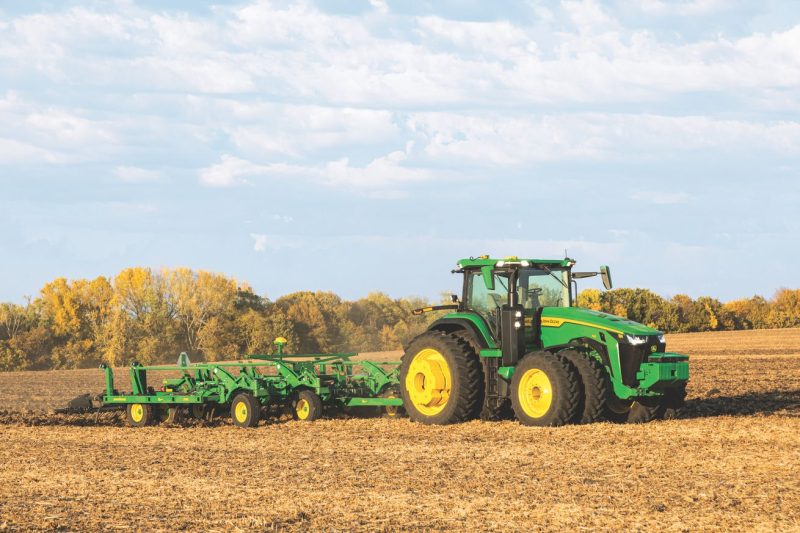Solar Storms are Disrupting Farmer GPS Systems During Critical Planting Time
The recent surge in solar storms has had a notable impact on the agricultural sector, particularly on farmer GPS systems which are essential tools during critical planting times. With GPS technology serving as a crucial component in modern farming practices, the disruption caused by solar storms raises concerns for farmers and their ability to maintain productivity and efficiency in the face of unpredictable solar activity.
Solar storms, also known as geomagnetic storms, result from the disturbance of the Earth’s magnetosphere caused by sudden bursts of energy from the sun. These storms can produce powerful bursts of radiation that interfere with various technological systems, including GPS satellites. Farmers rely heavily on GPS technology for precision agriculture, allowing them to accurately plant crops, apply fertilizers and pesticides, and monitor field conditions. However, when solar storms disrupt GPS signals, farmers are left grappling with the challenge of navigating their fields without the assistance of reliable satellite guidance.
The timing of these disruptions is particularly significant, as they often coincide with critical planting seasons when farmers are under pressure to maximize efficiency and yield. Planting decisions, such as seed spacing and planting depth, are heavily influenced by GPS data, making accurate navigation essential for optimal crop growth. Solar storm-induced disruptions not only hinder farmers’ ability to make informed decisions but also lead to potential delays and inefficiencies in the planting process.
In response to the challenges posed by solar storm disruptions, farmers are exploring alternative navigation methods and contingency plans to mitigate the impact on their operations. Some farmers are turning to traditional methods of navigation, such as physical markers and visual cues, to supplement GPS technology during periods of signal interference. Additionally, advancements in autonomous farming machinery are enabling farmers to program predefined routes and tasks, reducing the reliance on real-time GPS data.
Despite these adaptive measures, the unpredictability of solar storms continues to pose a significant challenge for farmers relying on GPS technology. As solar activity is expected to increase in the coming years, proactive strategies and robust contingency plans will be essential for farmers to maintain productivity and adapt to the changing conditions brought about by solar disturbances.
In conclusion, the disruption of farmer GPS systems by solar storms during critical planting times underscores the vulnerability of modern agricultural practices to external factors beyond human control. As farmers navigate this challenge, innovation, flexibility, and preparedness will be key in ensuring the resilience of the agricultural sector in the face of increasingly frequent solar disturbances. By staying informed, adopting adaptive strategies, and investing in alternative technologies, farmers can overcome the challenges posed by solar storms and continue to drive sustainable agricultural practices for the future.




























